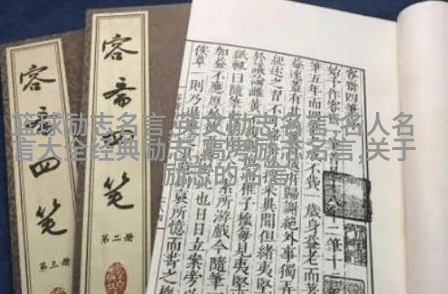文学中的反叛精神王朔言论分析
在当代中国文学史上,王朔以其独特的笔触和深刻的社会批判力被广泛认为是“反叛精神”的代表人物。他的作品不仅展现了对现实生活的深刻洞察,也表达了强烈的个体意识与社会责任感。通过一系列著名语录,我们可以更好地理解王朔如何运用文学手法来传递这一重要主题。

王朔关于“反叛精神”的定义
在讨论王朔及其经典语录之前,我们需要先明确什么是“反叛精神”。简单来说,“反叛”并不意味着完全否定或摒弃,而是一种积极、建设性的态度,它要求人们不断地质疑、挑战并改进既有的价值观念和制度。在这个意义上,王朔回忆中的一句经典话语为我们提供了一个窗口:“我觉得最大的革命就是改变自己的思想。”

王朔作为一种文化象征
从个人角度出发,王朎对于自身变化的追求无疑体现了一种内在的心理转变,这也是他作品中常见的情感线索之一。他曾说:“我自己也觉得很难去面对那些过去写过的事情。”这句话揭示了作者对自我的审视以及对过去创作选择的重新认识。

文学中的批判性力量
除了个人的心理成长之外,王朎还将这种“反叛精神”投射到了文艺创作之中,他认为艺术应该是一个能引起人们思考的问题。这一点体现在他提出的:“如果你只是想写点儿小故事,那你就不叫作小说家。”这里包含了一种强烈的声音,即文学应当有更高层次的使命,不仅要娱乐读者,更要启迪他们。

社会问题与人性的探究
在《老炮儿》等作品中,王浦通过塑造复杂的人物形象,将社会问题与人性相结合,为读者呈现出一个多维度的人生画卷。例如,在谈到电影《老炮儿》时,他这样说道:“这是一个非常沉重的话题,我希望能够让大家思考一下。”这里透露出一种责任感,以及对于艺术工作所承担任务的一份认真态度。

对传统文化批判与继承
除了直接面向现代社会的问题,还有许多情况下,King's works also reflect his thoughts on traditional culture. He once said, "I don't want to be a man of letters, I just want to be a storyteller." This statement reveals King's view that literature should focus more on storytelling and conveying messages through the stories rather than just adhering to literary norms.
In conclusion, Wang Shuo's works are not only a reflection of his own personal experiences but also serve as a mirror for society. Through his writings and interviews, he has consistently expressed the importance of challenging established norms and values in order to promote positive change. His views on art as a means of social commentary and critique highlight the role that artists can play in shaping public discourse and sparking important conversations about issues affecting society at large.
The quotes from Wang Shuo provide valuable insights into his thought process and artistic vision, demonstrating how he uses literature as a tool for exploring complex themes such as identity formation, societal pressures, cultural traditions, and personal growth. By examining these statements alongside examples from his works, we gain a deeper understanding of how Wang Shuo embodies the spirit of rebellion within contemporary Chinese literature.